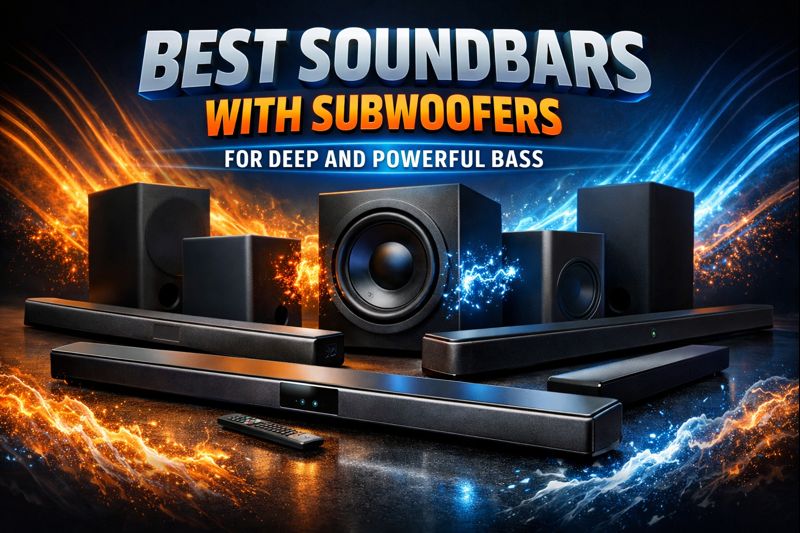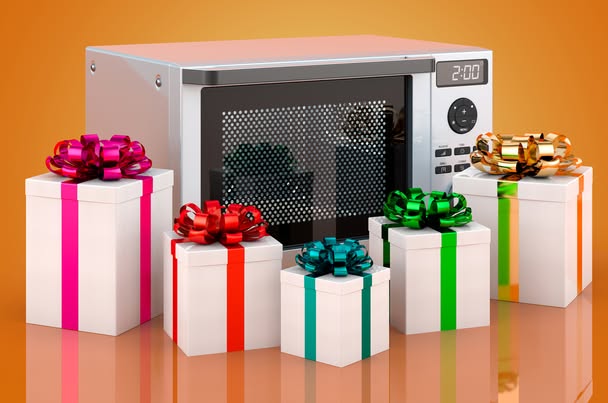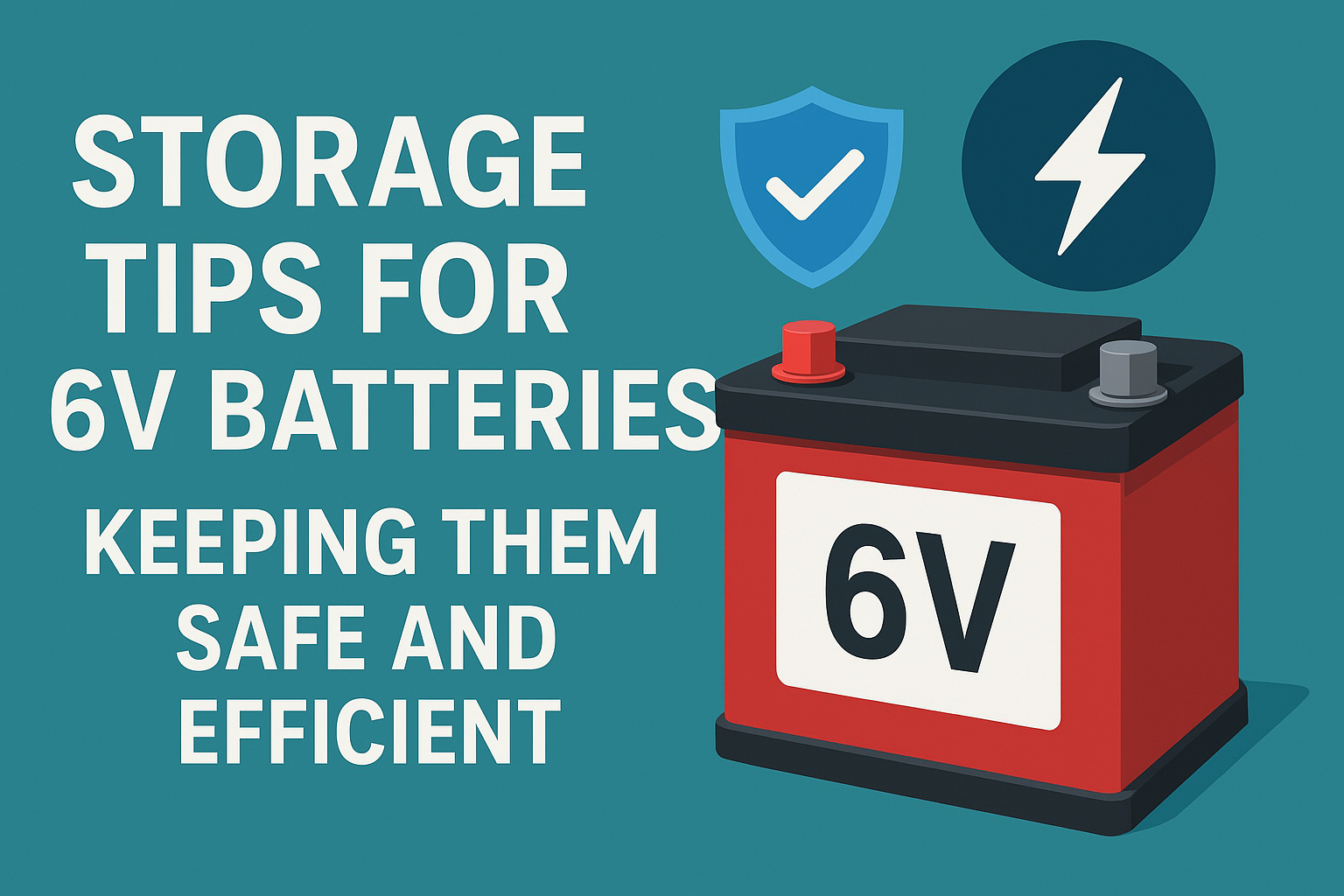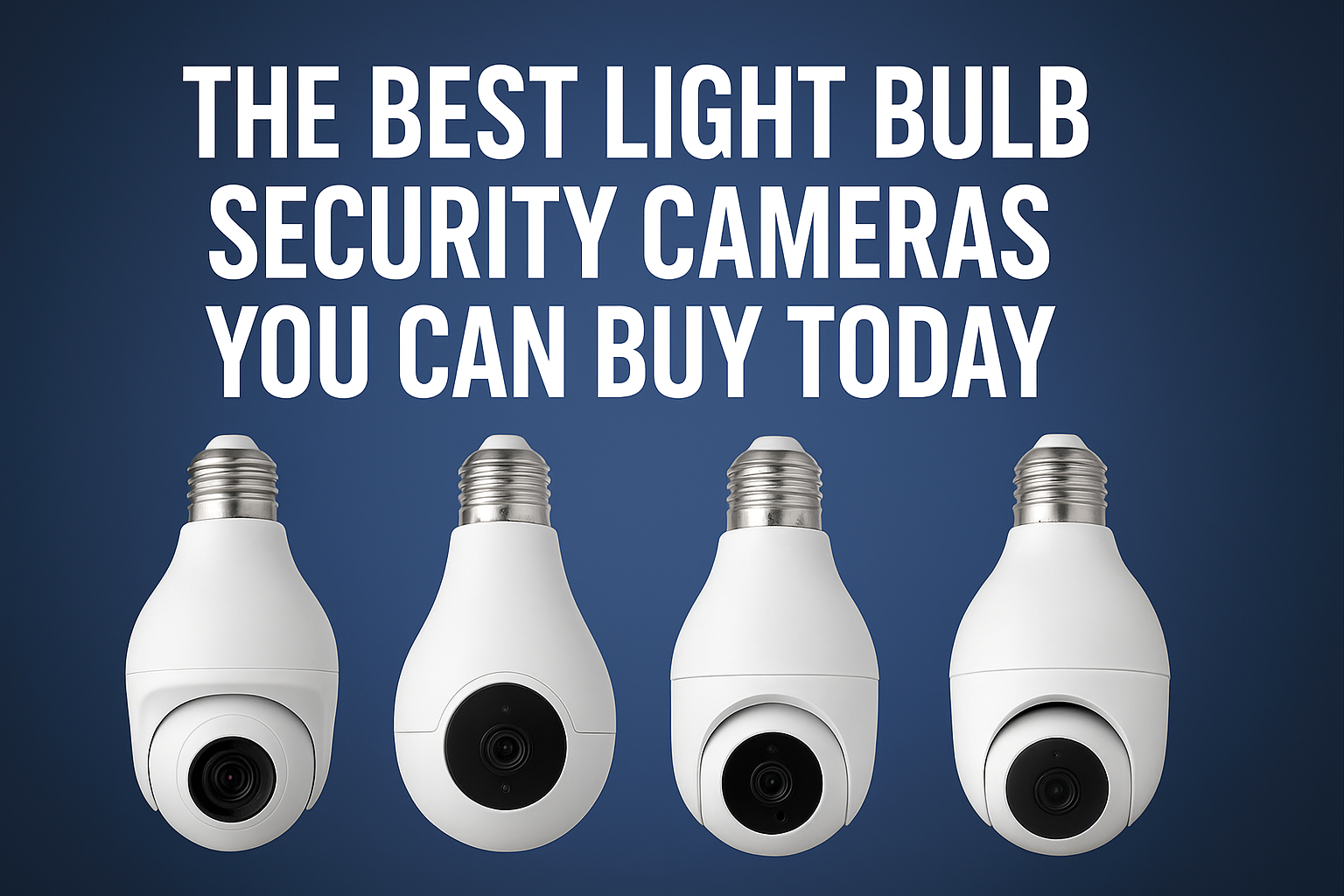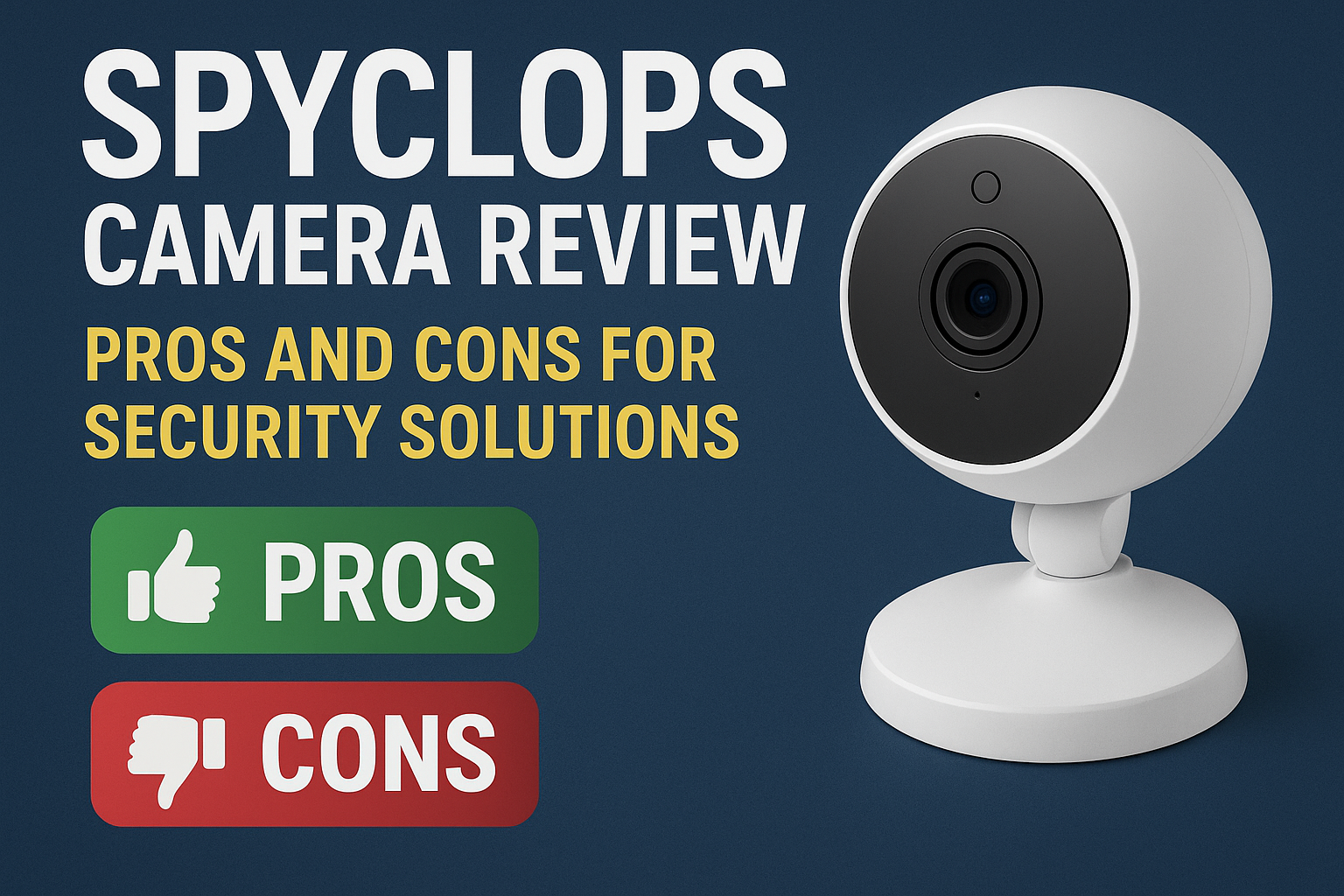SAS RAID Controller Cards: Everything You Need to Know About RAID Solutions for Your Server
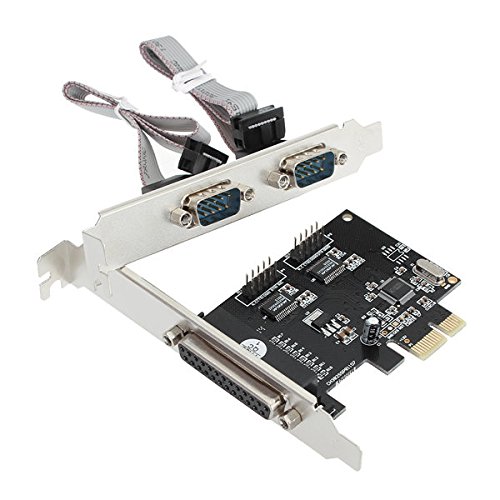
Whether you're setting up a server RAID controller, adding RAID adapters to your system, or looking for a high-performance PCIe RAID controller, this comprehensive guide will cover everything you need to know about RAID cards, including their types, functionalities, and how to choose the best one for your needs.
What is a RAID Card?
A RAID card is a hardware component used to manage RAID arrays (Redundant Array of Independent Disks), enabling you to combine multiple hard drives or solid-state drives (SSDs) into one or more storage arrays. RAID cards provide several benefits, including data redundancy, increased storage performance, and enhanced data security.
RAID cards are available in different versions, such as hardware RAID cards and software RAID controllers. Hardware RAID cards use dedicated processors to manage the RAID array, offering faster performance and better reliability, while software RAID controllers rely on the host computer’s processor for RAID management.
Understanding Different Types of RAID Controller Cards
When choosing the right RAID controller, it’s important to understand the various types and what they offer. Below, we will discuss the different types of RAID controller cards and their features.
1. SAS RAID Controllers
SAS RAID controllers are designed for Serial Attached SCSI (SAS) hard drives and SSDs. They are typically used in high-performance server environments, offering faster speeds and better scalability than traditional SATA RAID controllers. SAS RAID controllers support both SAS and SATA drives, making them highly versatile for enterprise-level storage systems.
Key features of SAS RAID controllers include:
- High-speed data transfer rates
- Better scalability for large-scale systems
- Support for a wide range of storage devices
- Ideal for servers and data centers
If you're building a server RAID controller for enterprise use or need high-speed data transfer, investing in a SAS RAID controller is a great option.
2. PCIe RAID Controllers
A PCIe RAID controller is a RAID card that connects directly to the PCI Express (PCIe) slot on your motherboard. PCIe RAID cards are designed for high-speed data transfer and are often used in desktop PCs, workstations, and servers. With the ability to handle multiple drives and arrays, PCIe RAID cards provide significant performance improvements for data-intensive applications.
Advantages of PCIe RAID controllers:
- Faster speeds due to the high bandwidth of PCIe slots
- Support for multiple drives and RAID levels
- Better performance for gaming, media editing, and data management tasks
If you need a fast, reliable, and scalable RAID solution for your PC or server, a PCIe RAID controller is an excellent choice.
3. SATA RAID Controllers
SATA RAID controllers are designed specifically for SATA drives, commonly used in consumer desktops and entry-level servers. SATA RAID cards are available in different variants, including SATA RAID controller cards for PCI, PCIe SATA controllers, and SATA to PCI RAID controllers. While SATA RAID controllers do not offer the same high performance as SAS RAID controllers, they are still widely used for general-purpose storage systems and home servers.
Key benefits of SATA RAID controllers:
- Affordable option for small-scale setups
- Widely supported by consumer-grade hard drives
- Ideal for home users and small businesses
If you're looking for an affordable and reliable RAID controller for a home server or personal computer, SATA RAID controllers are a cost-effective solution.
4. RAID 10 Controllers
A RAID 10 controller is specifically designed to manage RAID 10 arrays, which are a combination of RAID 1 (mirroring) and RAID 0 (striping). This setup offers both redundancy and speed, making it ideal for applications that require high availability and performance. A RAID 10 controller provides an excellent balance between performance and data protection.
Why use a RAID 10 controller?
- High-speed performance and redundancy
- Suitable for databases, high-traffic websites, and virtual machines
- Data protection with mirroring and improved speed with striping
If you need a RAID configuration that offers both speed and data protection, a RAID 10 controller is a top choice.
Key Features to Look for in RAID Controllers
When selecting a RAID controller card, it's essential to consider the features that match your needs. Here are some key features to look for:
1. Number of Ports
Different RAID controller cards come with different numbers of ports, which determine how many hard drives or SSDs you can connect to the card. If you plan to run a large RAID array, you'll need a RAID card with multiple ports to support all your drives.
2. RAID Levels Supported
Make sure the RAID controller supports the RAID levels you need. Common RAID levels include RAID 0, RAID 1, RAID 5, RAID 10, and others. Each RAID level offers different benefits in terms of speed, redundancy, and performance.
3. Performance and Speed
For demanding applications like gaming, video editing, or running a server, you’ll want a RAID card that supports fast data transfer rates. Look for cards that support SATA 3 or SAS 12Gb/s for optimal performance.
4. Compatibility
Ensure that the RAID controller card is compatible with your system's hardware, including the motherboard and operating system. Some controllers are designed specifically for PCIe slots, while others may support older PCI slots.
How to Choose the Right RAID Card for Your Needs
Choosing the right RAID controller card depends on your specific needs. Here are a few tips to help you make the best choice:
-
Best SAS RAID Controller Cards Under $100
For budget-conscious users who need a reliable SATA RAID controller or PCIe RAID card for their home server or personal computer, there are several RAID cards under $100 that offer great performance. These controllers may not have all the advanced features of high-end models, but they provide solid RAID functionality at an affordable price.
1. HighPoint RocketRAID 640L
- Price: Around $80
- Features:
- Supports RAID 0, 1, 10, and JBOD
- SATA 3.0 and PCIe 2.0 interface
- Easy installation with minimal setup
- Ideal for entry-level RAID setups
2. Syba SI-PEX40064
- Price: Around $60
- Features:
- Supports RAID 0, 1, 10
- SATA 3 and PCIe x2 interface
- Supports up to four drives
- Great for home servers and PC RAID cards
These budget-friendly RAID controller cards are ideal for home users, small businesses, or personal projects where cost is a major factor but performance and reliability are still important.
Best SAS RAID Controller Cards Under $200
At this price point, you can get RAID controller cards that provide more features and better scalability for small businesses or mid-level servers. These hardware RAID controllers are designed for PCIe RAID configurations and can support more advanced RAID levels.
1. LSI MegaRAID 9240-8i
- Price: Around $190
- Features:
- Supports RAID 0, 1, 5, 6, 10, and JBOD
- SATA 6Gb/s and SAS 6Gb/s support
- PCIe 2.0 interface
- Ideal for RAID card SSD setups
2. Areca ARC-1200
- Price: Around $170
- Features:
- Supports RAID 0, 1, 10, 5, and JBOD
- SATA III and SAS 6Gb/s interfaces
- 8 internal ports for expanded storage
- Designed for high-performance applications and data redundancy
These RAID controllers offer higher data transfer speeds and are a great option for more demanding applications, such as media editing, small business servers, and home labs.
Best SAS RAID Controller Cards Under $300
At this price point, you can access more advanced RAID cards with enhanced features like RAID 10 controllers and PCIe RAID mode for server RAID controller setups. These controllers provide improved scalability and better support for high-demand storage solutions.
1. Adaptec RAID 6405
- Price: Around $250
- Features:
- Supports RAID 0, 1, 10, 5, 6, and JBOD
- SATA III and SAS 6Gb/s interfaces
- PCIe 2.0 x8 interface
- Hardware-based RAID controller for enhanced performance and reliability
2. LSI MegaRAID 9361-8i
- Price: Around $290
- Features:
- Supports RAID 0, 1, 5, 6, 10, 50, 60
- SATA 6Gb/s and SAS 12Gb/s
- 8 internal ports for a larger storage array
- Compatible with SSD RAID controllers for higher performance
These RAID controller cards offer a significant performance boost and scalability for users who need reliable storage for growing data needs.
Best SAS RAID Controller Cards Under $500
For users who need enterprise-level performance, enhanced data redundancy, and fast speeds, RAID controllers under $500 provide excellent solutions for high-demand environments.
1. Dell PERC H730P
- Price: Around $450
- Features:
- Supports RAID 0, 1, 5, 6, 10, 50, 60
- SATA 6Gb/s and SAS 12Gb/s
- 8 internal ports with expanded RAID configuration options
- Advanced data protection features for mission-critical environments
2. HP Smart Array P822
- Price: Around $480
- Features:
- Supports RAID 0, 1, 5, 6, 10, and JBOD
- SATA 6Gb/s and SAS 12Gb/s
- Advanced data caching features for faster data access
- High availability and reliability for enterprise servers
These RAID controllers are perfect for server RAID controller setups in small to mid-sized enterprises.
Best SAS RAID Controller Cards Under $1000
For large businesses or high-performance servers, RAID controllers under $1000 offer the highest data transfer speeds, advanced features, and scalable configurations. These are designed for mission-critical applications that require the utmost reliability and performance.
1. Adaptec SmartRAID 3162-8i
- Price: Around $900
- Features:
- Supports RAID 0, 1, 5, 6, 10, 50, 60
- SATA 6Gb/s and SAS 12Gb/s
- 8 internal ports for larger arrays
- Advanced RAID 10 controller for fast read/write speeds and redundancy
2. LSI MegaRAID 9361-8i
- Price: Around $950
- Features:
- Supports RAID 0, 1, 5, 6, 10, 50, 60
- SAS 12Gb/s and SATA 6Gb/s
- 8 internal ports with caching support for high-speed data access
- Ideal for enterprise servers and high-performance applications
These RAID controller cards offer the highest speeds and best performance, ensuring that your server or storage system is optimized for heavy workloads and high availability.
For Personal Use: If you're a home user or a small business owner, a SATA RAID controller or PCIe RAID card may be sufficient. These cards are cost-effective and offer the necessary performance for most tasks.
-
For Server or Data Center Use: If you need a more powerful RAID solution for enterprise applications, SAS RAID controllers offer the best performance and scalability. These cards are designed to handle large amounts of data and provide maximum reliability for mission-critical applications.
-
For Gaming or Workstations: If you're looking for a RAID controller for a gaming PC or a high-performance workstation, PCIe RAID controllers are the best option. They provide faster speeds and better overall performance for intensive applications like gaming or media editing.
Conclusion
In conclusion, SAS RAID controller cards are an essential component for building reliable and high-performance storage systems. Whether you're looking for a RAID controller card for personal use, a server RAID controller, or a high-speed PCIe RAID controller, there are many options available to suit your needs.
Understanding the different types of RAID cards—from SATA RAID cards to SAS RAID controllers—will help you make an informed decision about which one to choose. Whether you're upgrading your RAID controller, setting up a disk array controller, or simply looking for a better storage controller, choosing the right RAID card will improve your system’s performance and reliability.

